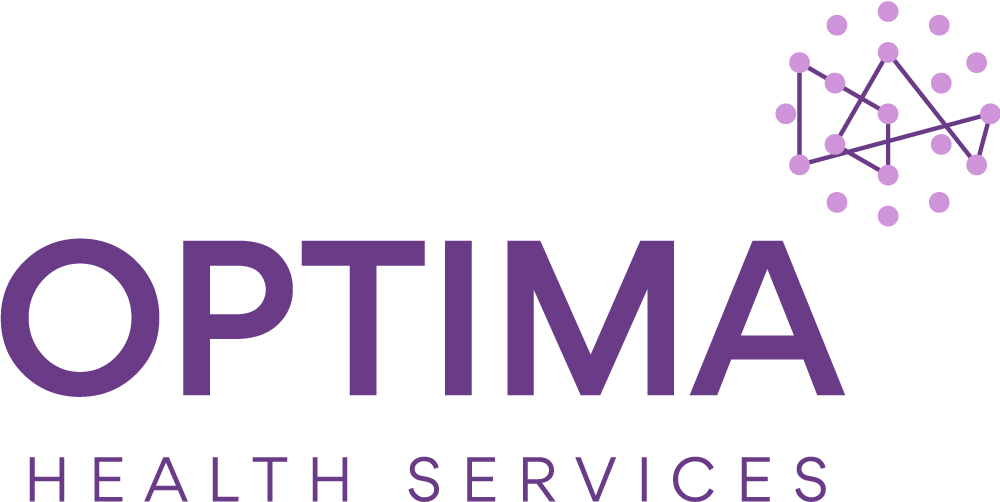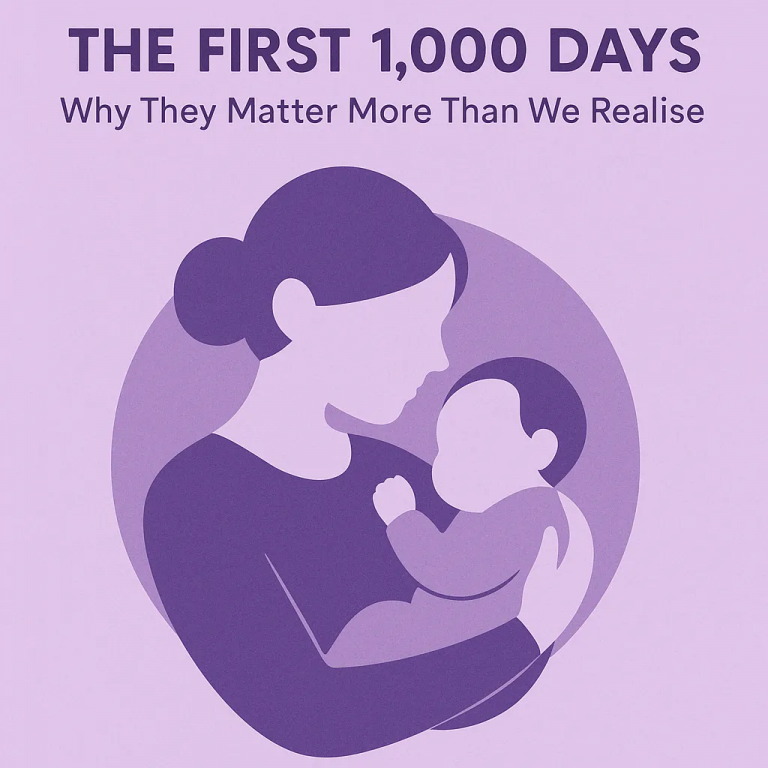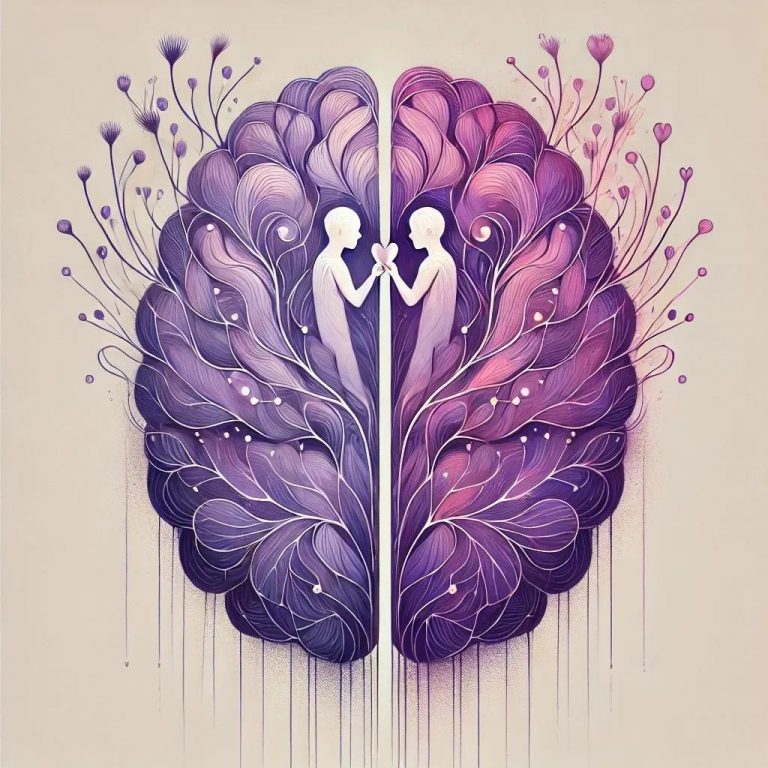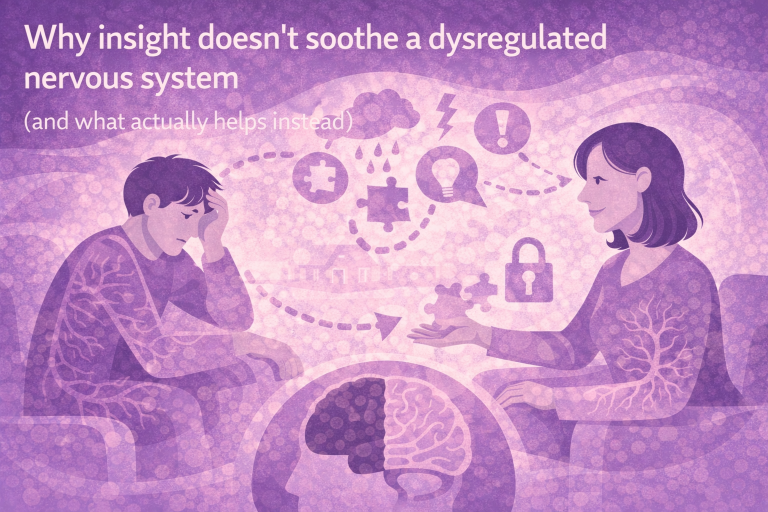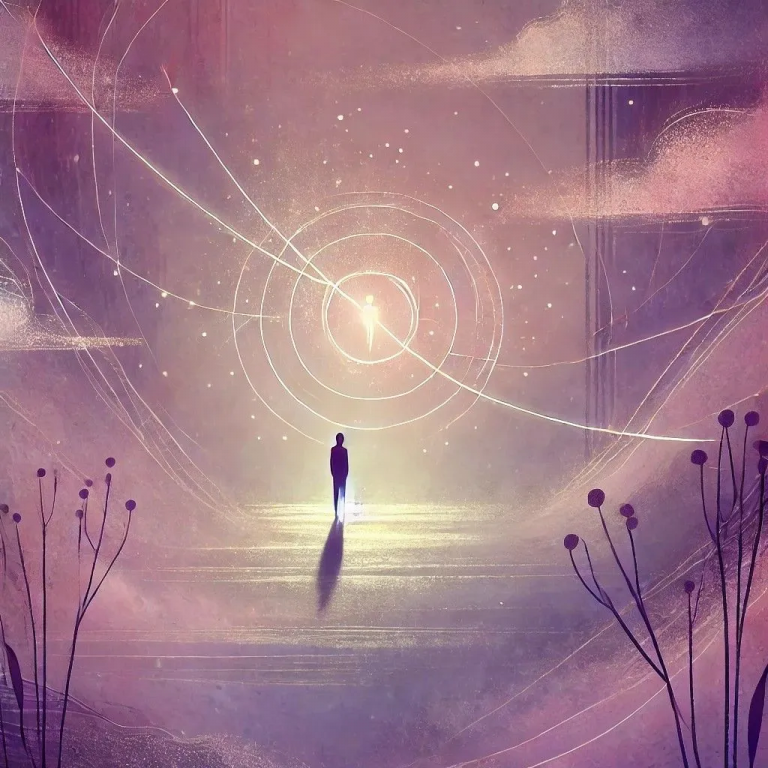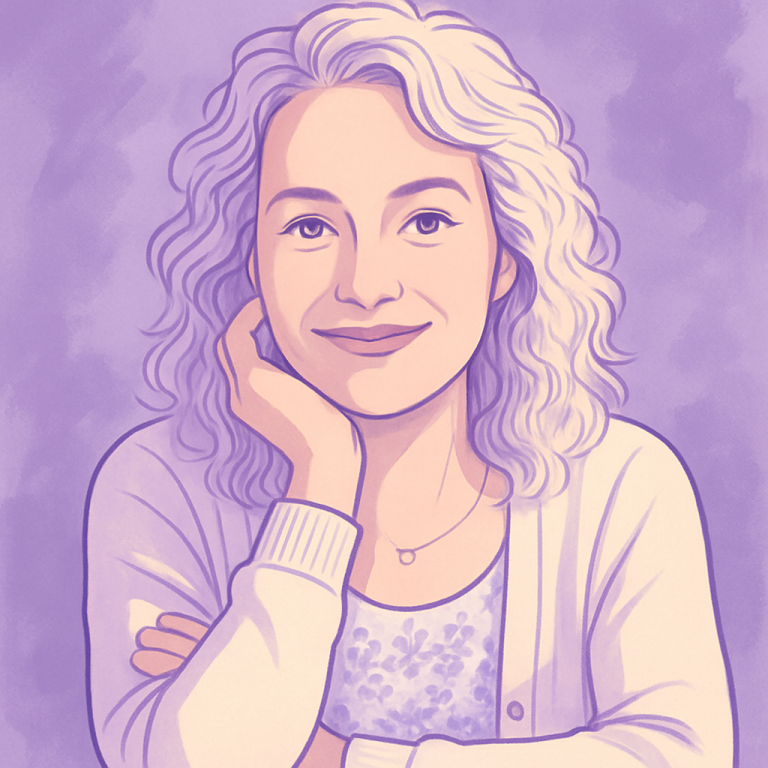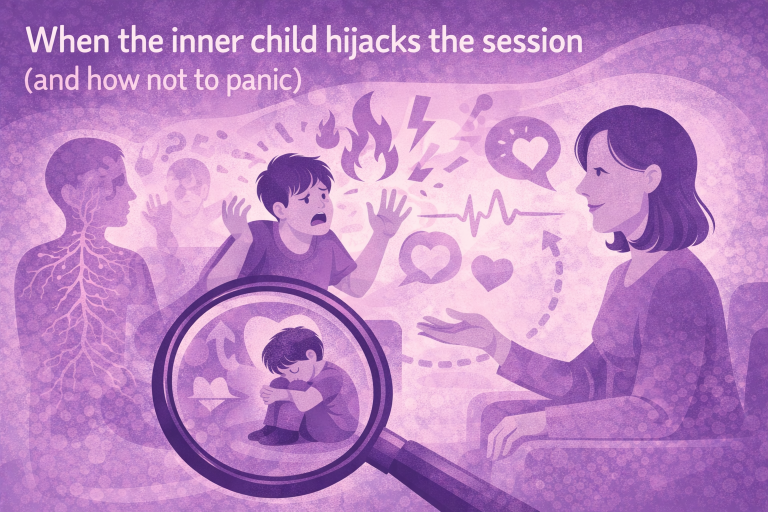When Daughters Become Mothers: The Attachment Story Behind the Pram
When a daughter becomes a mother, it isn’t just a change in role, it’s a seismic shift in the heart, the mind, and often the sense of self. It’s a chapter where the past, present, and future meet in the smallest of bundles.
Recently, I became a Grannie again, and as I’ve watched my daughter cradle her newborn, I’ve been reminded of something I see so often in the therapy room: motherhood has the power to awaken our deepest attachment patterns.
The Tender Trigger of Motherhood
For many women, holding their baby for the first time brings a tidal wave of love, a sense of connection they didn’t know was possible. For others, it stirs something far more complex – a quiet ache.
When a daughter becomes a mother, she may feel the weight of her own unmet attachment needs:
- Was I held like this?
- Did anyone soothe me in this way?
- What did love look and feel like when I was this small?
John Bowlby described our first relationships as the “secure base” from which we explore the world. When those bonds were inconsistent or painful, motherhood can bring those memories to the surface in visceral, unexpected ways.
Sleepless Nights, Shifting Selves, and Mother Nature’s Design
Alongside these attachment stirrings are the realities of new motherhood – the sleepless nights, the endless feeds, the bone-deep exhaustion. These aren’t just physical challenges; they can shake a woman’s sense of identity to its core.
There is also something profound happening neurologically. Mother Nature, in her wisdom, narrows a new mother’s focus entirely onto the baby. Hormonal surges and neurological changes essentially dim the parts of the brain that were previously occupied with career, social life, or self-pursuits. It’s a survival mechanism, a biological prioritisation of the newborn.
But this protective fog often adds to the sense of disorientation. I hear so many mothers say, “I just need to get back to who I was.” And yet, the painful truth is… you can’t.
Not because you’ve lost yourself, but because you are becoming someone new. The woman you were before has been asked to make space for a new persona, one shaped by sleepless nights, fierce love, and the vulnerability of raising a human.
For first-time mothers, this transition can feel like both a birth and a death: the arrival of a baby, and the quiet goodbye to the version of themselves that existed before.
The Layers of Generations
Watching my daughter navigate this, I see more than a new mum and her baby. I see the little girl she once was. I see myself as a young mother. I see the echoes of the women who came before us.
David Wallin, in Attachment in Psychotherapy, reflects on how becoming a parent confronts us with “the parents we had, the parents we wish we’d had, and the parents we fear we might become.” Attachment isn’t held in isolation; it threads through family lines, carrying both safety and wounds across generations.
A Doorway to Healing
Here’s the hopeful part: when daughters become mothers, they are offered a doorway to healing. The raw awareness that bubbles up – those unmet needs, the identity shifts, even the fear, can become the starting point for repair.
Through gentle reflection, support, and conscious connection with their own child, mothers can begin to offer themselves the safety and soothing they might have missed. In doing so, they’re not just nurturing their baby; they are reparenting their own inner child and reshaping the story for future generations.
Dan Siegel calls this “making sense of your story so you don’t hand it down unconsciously.” The work isn’t about perfection; it’s about awareness.
A Note to New Mums (and Grannies Too)
If you are in this season, please know: you are not broken. Feeling lost, fearful, or raw doesn’t mean you are failing, it means you are human. You are standing in one of life’s most tender thresholds, where love and vulnerability meet.
As a Mother, a Grannie and a therapist, I am in awe of this process – the courage it takes, the tenderness it requires, and the quiet, generational healing it can bring.
💛 For Therapists: If these themes resonate with your work and you want to deepen your understanding of attachment, identity, and intergenerational healing, explore these ideas in our Attachment-Based Psychotherapeutic Counselling Diploma. This experiential training is designed for therapists who want to bring attachment theory to life in their practice and help clients navigate these powerful life stages.
